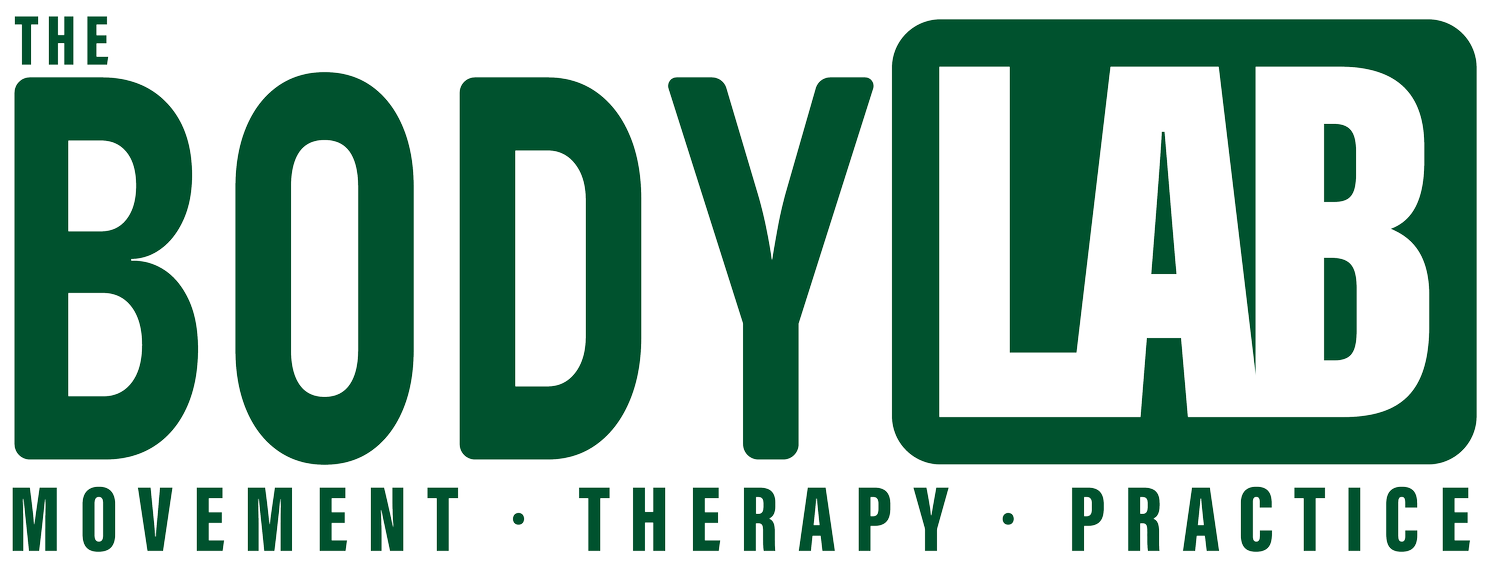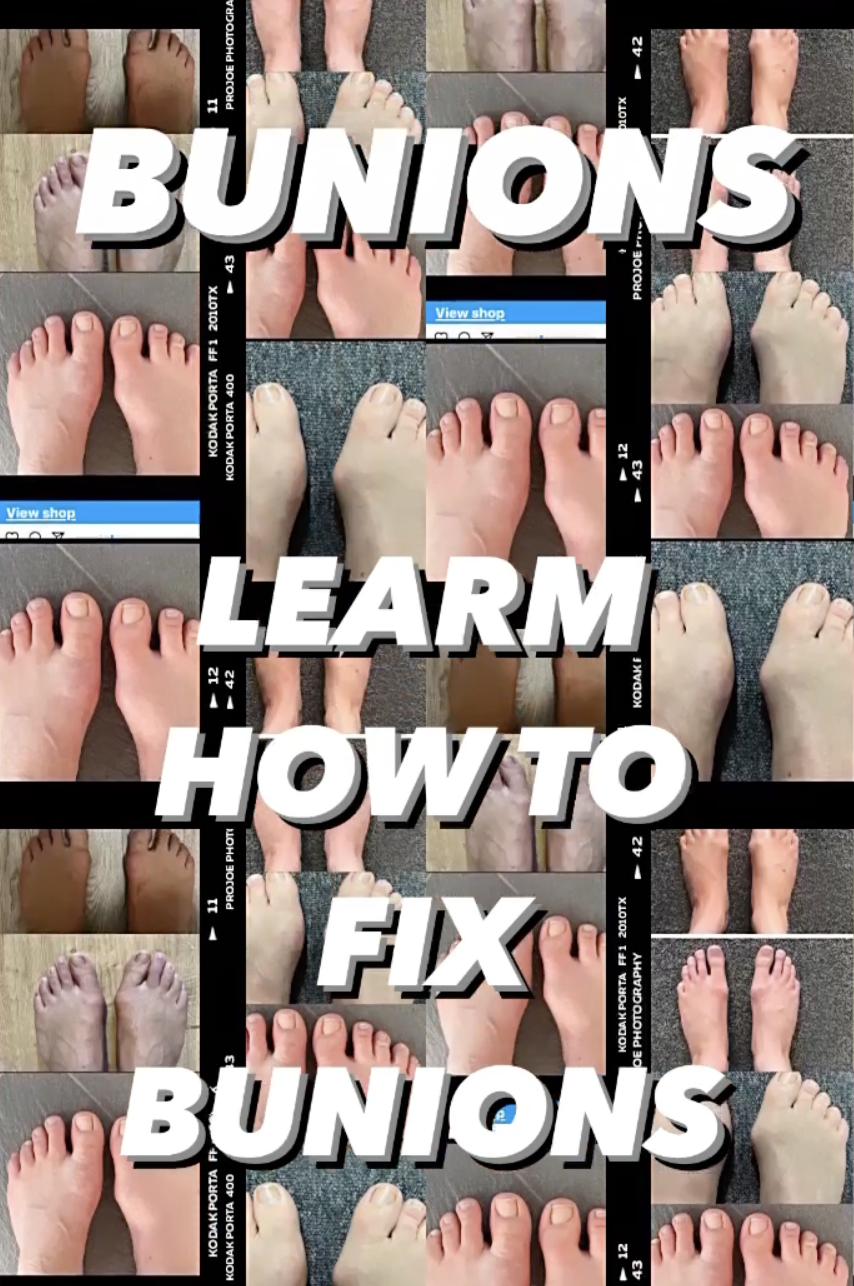Your Bunion Isn’t Broken—It’s Brilliant (Sort Of)
You know that little bony bump on the side of your big toe that’s been bossing your foot around? Yep, that bunion. What if I told you it’s not actually the villain—it’s your body’s clever (if slightly annoying) way of adapting?
Your Body’s a Genius… Even When It’s Being Sneaky
Here’s the deal: your body is like a master problem-solver. When one joint isn’t pulling its weight—maybe it’s stiff, stuck, or just plain lazy—another joint jumps in to help.
And guess who’s been overachieving lately? Your poor big toe joint. If your midfoot is stiff, your body thinks, “No worries, I’ll just steal some movement from the big toe!” Boom. Hello bunion.
The bunion isn’t the problem—it’s your foot’s awkward solution to a bigger issue.
It’s All Connected, Mate
Your big toe isn’t out here freelancing alone. It’s in a group project with:
• Your arch
• Your ankle
• Your calf
• Your knee, hip, and even your pelvis
So if something upstream (like your hip or pelvis) isn’t moving well, your foot picks up the slack. Think of it like one friend always doing the dishes while the others just leave their mugs lying around. Eventually, that friend (aka your big toe) snaps. And voilà, bunion.
Science Says Your Toe Has a Point
Still not convinced? Let’s nerd out for a sec.
• 🧪 Ji et al. (2023) found that instability in a nearby foot joint sets the bunion ball rolling.
• 🧪 Sovilj et al. (2023) linked the whole saga to weird joint shapes and dodgy load sharing.
• 🧪 Perera et al. (2011) explained that bunions are biomechanical—they form to make up for a lack of movement elsewhere. They’re not just a “thanks, Grandma” inheritance.
Yes, tight shoes and genetics matter. But if you’ve spent years walking funny, standing like a flamingo, or squeezing your feet into pointy little prisons, your bunion might just be the end result of a long, awkward dance.
Can We Fix It? Sorta.
Okay, real talk: we can’t always undo a bunion—but we can stop making it worse.
How? By giving movement back to the joints that were supposed to do the job in the first place:
• Wake up those lazy arches 🦶
• Loosen up those stiff ankles 👟
• Get your pelvis back in the groove 🍑
• And teach your heel how to carry its weight again 🎯
Imagine redirecting traffic back onto the right roads instead of letting every semi-truck roll down a tiny alley. Your big toe’s just trying to help—but it’s been doing too much for too long.
Stop Treating the Symptom. Start Moving Smarter.
Look, orthotics and bunion splints can help. For a bit.
But if you really want to make a difference?
You’ve gotta stop blaming the bump and start fixing the movement.
A movement-based approach can help you:
✅ Reduce pain and pressure on the joint
✅ Move more naturally
✅ Avoid surgery (or at least delay it)
✅ And finally feel like your feet are working with you, not against you
Want to Learn More?
Join me for a 2-part live webinar series where I’ll break down the real causes behind bunions and plantar fasciitis—and show you how to move better, feel better, and take back control of your feet.
🦶 Webinar Series: Bunions and Plantar Fasciitis — Parts 1 and 2
🎟️ Register here: events.humanitix.com/webinar-series-bunions-and-plantar-fasciitis-parts-1-and-2
We’ll explore how movement patterns, foot mechanics, and daily habits play a bigger role than you think. Let’s fix the root cause—not just the symptoms.


